October 16, 2024 | 14:54 GMT +7
October 16, 2024 | 14:54 GMT +7
Hotline: 0913.378.918
October 16, 2024 | 14:54 GMT +7
Hotline: 0913.378.918
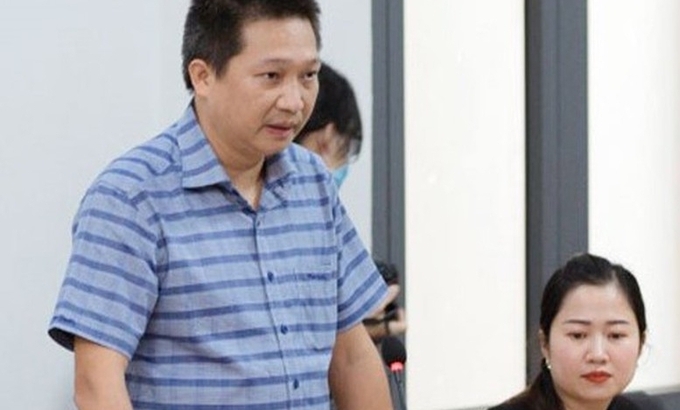
Nguyen Quang Hieu, Deputy General Director of De Heus Group.
De Heus Group is a company operating in animal nutrition with a long history. De Heus has factories producing animal feed for livestock, poultry, and seafood in more than 30 countries and distributing products to more than 80 countries around the world.
Since 2008, 2009, when it started investing, De Heus Group has been interested in the pet food sector. However, during that time, the market size in Vietnam, as well as the Southeast Asian region, was still too small.
Pet food is animal feed intended for consumption by pets. Typically sold in pet stores and supermarkets, it is usually specific to the type of animal, such as dog food or cat food. Most meat used for animals is a byproduct of the human food industry, and is not regarded as "human grade".
In 2019, the world pet food market was valued at US$87.09 billion and is projected to grow to US$113.2 billion by the year 2024.
Pet food is usually synthetic, pre-processed food, usually including two lines: dry food (pellet form) and wet food. Dry pet food is pre-processed, a mixture of cereals, meat and meat by-products, fats, minerals and vitamins. Manufacturers calculate these substances to balance the nutritional content suitable for each type of pet and each age group. Dry food is divided into two main types: grain food and dried food, each type of food is suitable for each type of pet.
Because of the need for different nutrients, each species needs a different diet suitable for its age and characteristics. There are many types of cooked foods that are not good for the digestive system of pets. These foods are processed with too many spices such as oil, MSG, fish sauce, especially foods containing a lot of salt and other unhealthy additives that will destroy the digestive system of pets, causing them to suffer from pancreatitis and the risk of death is very high.
Especially human leftovers and other cooked foods that contain sweeteners such as sugar. Moreover, leftovers contain many additives, and when combined with rice, they can cause pets to have diarrhea or poisoning. Using specialized food will help pets minimize these diseases and potential dangers.
Since 2008, De Heus has begun investing in market research, researching products to suit species, environmental conditions, farming practices, climate conditions, and weather in Vietnam.
Nguyen Quang Hieu, Deputy General Director of De Heus Group, said that Vietnam's pet food revenue in 2023 will only reach USD 125 - 130 million per year, which is insignificant compared to the total revenue of USD 200 billion globally.
Compared to countries in the region with a long development tradition, such as North America and Europe, the number of families owning pets in Vietnam is still deficient. In addition, the rate of pets using complete industrial food only accounts for about 5 - 6% of the total number of pets in Vietnam today.
Vietnam's pet food market is minimal compared to Asia-Pacific and Southeast Asian countries. However, in recent years, there have been vital growth steps, opening up expectations for pet food in particular and the pet industry in general in Vietnam in the coming time.
Grasping the tastes and development trends of the potential pet food market, from the position of a leading animal nutrition supplier in the independent animal feed market in Vietnam, De Heus Group continues to expand its scope of service to the pet food sector with the Truoo Pet Care brand.
The birth of Truoo Pet Care is also considered a turning point in the domestic pet food and care sector.
De Heus has also had a long history of development in the pet food sector in Southern Europe, specifically in countries such as Spain, Portugal, Italy, etc.
According to Hieu, De Heus currently has nutritional laboratories spread across continents and countries around the world. This is also one of the factors that has greatly supported De Heus in product development in recent years.
Hieu revealed that De Heus also cooperates with leading scientists and nutrition experts in the world, especially in developed countries.
In parallel, De Heus's factory systems in Vietnam, in particular, and the world in general are also applying issues related to technology and controlling factors in food production, especially automation and information technology.
Translated by Huong Giang
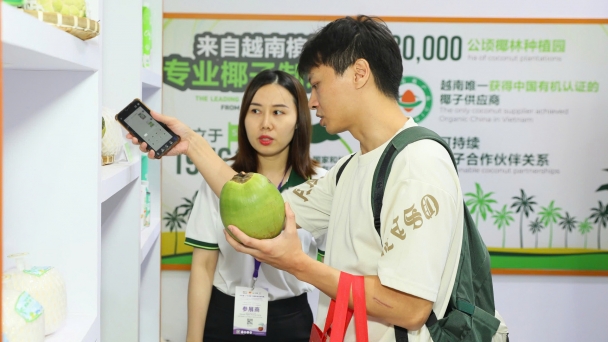
(VAN) In order for Vietnamese fruits to penetrate deeply into the Chinese market, it is necessary to implement many synchronous solutions for preservation, logistics, and linkages between businesses.
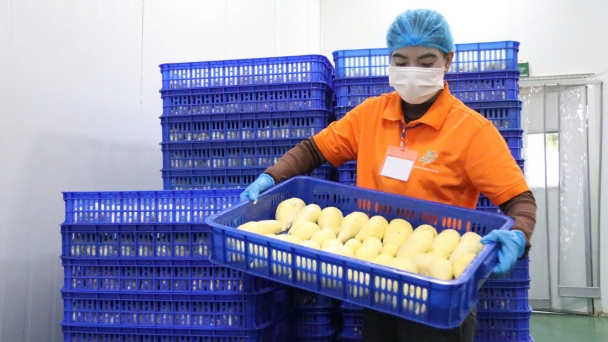
(VAN) The main reasons why Vietnamese fruits have not been able to penetrate deeply into the Chinese market are short preservation time and high logistics costs.
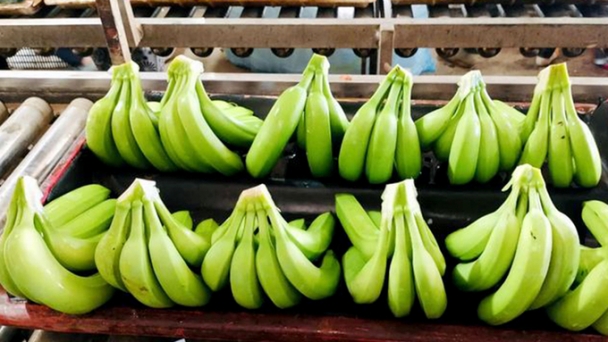
(VAN) Vietnam's fruit and vegetable exports continuously set records for export turnover in a month and surpassed the export record in a year.
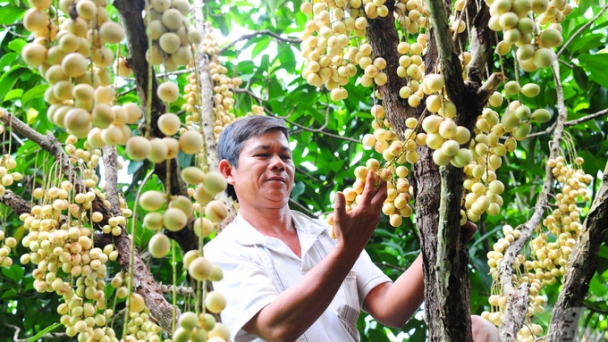
(VAN) Over the past years, Can Tho City has increasingly established specialized areas for growing delicious fruit trees and specialties purchased by businesses for export to demanding markets.
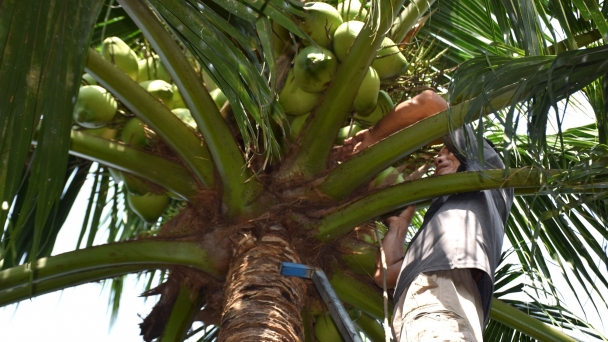
(VAN) Binh Dinh's agriculture is diverse, with all kinds of plants and animals, but production is fragmented, and there are no concentrated commodity areas, so there are difficulties in consumption...
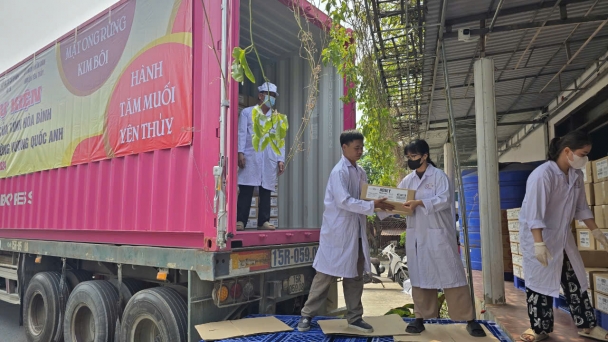
(VAN) This event represents the first export batch of two specialty products from Hoa BInh to the United Kingdom.